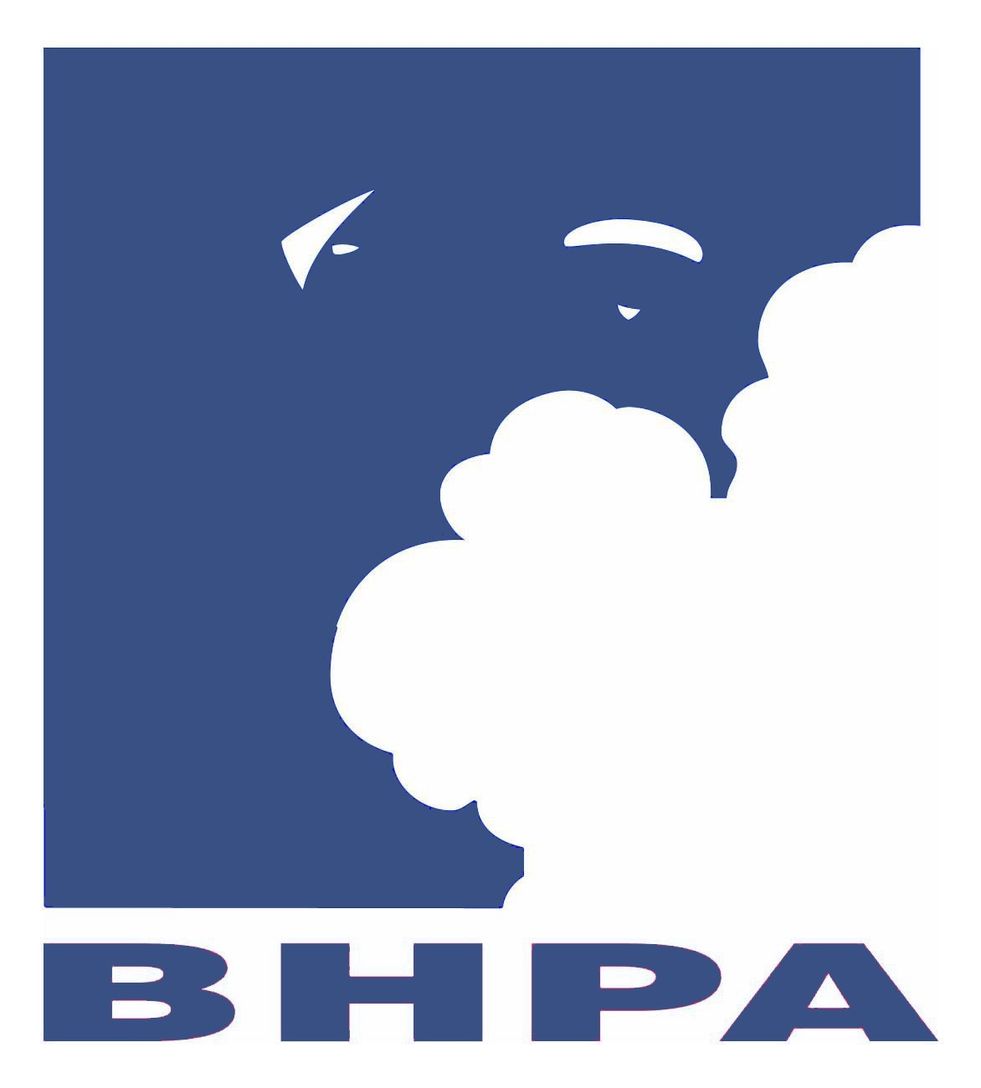How do I choose the right paraglider?
How do I choose the right paraglider?
It's not really like going snowboarding for the first time, paragliding experience and flying hours takes time. So don't rush it or get too ambitious. You need to ask yourself what type of flying you aim to be doing.
What type of flying will you be doing?
Ask yourself how much real time can you put aside to fly, do you work flexi hours, only have weekends, have a family life to juggle, possibly just one paragliding holiday a year or are you giving up work and travelling the world.
If you're giving up work and travelling the world then you might consider a low-end EnB wing, if you do other sports like kite surfing or sailing then you might feel comfortable on a similar wing.
For the most part, if you're only getting occasional weekends out flying and the odd holiday then take your time and get a good En A. Most modern En A' gliders give all the performance you need to fly In thermals and make your first Xcs. Plus they give a better level of security when you go abroad and might find yourself in taking off at the wrong time of day or in fruitier conditions you had bought into! Obviously going with seasoned guides will help with all that.
New gliders have all benefitted from the advances in new technology over the last 3 years, En A gliders are now faster and agiler as a result.
One thing is true or maybe two...
We've never had either a low B or En A returned to us that's been worn out by a pilot in its first three years. You always get a fair return on your first wing especially if it's a popular brand, the lesser spotted or familiar brands get less integrates when reselling them.
Sizing
Different wings like to be flown at different places on the weight range but I think as an easy rule just aimed to be at least in the middle or towards the top end of your glider weight wise.
How do I work my weight re glider size?
Add yourself clothed plus wing, harness, reserve, helmet and biscuits. That will give you an all up weight which you can then apply to sizing. Some manufacturers are subtly different with sizing so best check, hence why FlySpain offer a mix of manufacturers to make sure you get well placed for a wing. Remember when you start looking at reversible or airbag harnesses, lightweight reserves then you can find a 75-kilo pilot dropping out of the approximate medium sized paragliders and looking at small or medium-small. Again all brands can vary greatly.
Lightweight options
These often shape up into two styles, uber light and semi-lightweight. Your standard wing tends to be around 6 kilos for a medium size. Where's a semi-lightweight will offer 1-2 kilos less. An uber lightweight maybe as less as 2.5 kilos.
Remember these wings lose weight by a change of line type and thinner materials. The uber light needs some love and respect as they will tear if pulled out of a bush, whereas a full-fat wing won't notice you ragging it around.
Micro lines are great but they do easily snag and are really irritating when you get them caught In thistles or long crops.
Choice of risers
If your getting a lightweight wing as a first glider the I'd consider going for slim risers as opposed the unltra light string option as they'll play with your uncertainty when you go flying until you've got used to them.
Most important - handling
So lightweight paragliders can be great in flight, they can offer nice handling, a light touch but some can be a little more chatty or busy in thermic air as they pitch about a little more.
The most noticeable side of flying a semi-lightweight is that because there is less weight sitting on the ground they are easy to forward launch in nil or light winds but they equally prove to be a tad more billowy and unstable in stronger winds as they seem to lift up a little easier. So if you don't put the ground handling time into it when you buy one they'll be a right chore when you want to go flying in soarable winds
Needless to say with a well-chosen light weight glider, a lightweight harness and reserve you can round your kit weight down to sub ten kilos. Sometimes getting a lighter weight harness can be enough to bring your kit weight down to nearer ten kilos without adding the cons mentioned above.
Getting the right Advice
You should, in theory, be able to ask your instructor if they know much about what you want to buy and can they give you some pointers especially when it comes to sizing. I tend to think that it takes a great deal of effort to gain customers to your door so there's never any need to force a sale or sell them a kipper assuming you want to see them again on a future holiday or course...well that's my theory. Equally, if you've trusted your health and safety with your instructors why should it end when buying equipment, we like to see you make the right choice whether it be new or second hand.
Needless to say, we sell loads of equipment all over Europe and the U.K. every week. We have a rack of instructors at FlySpain, some with interests in speed or mini wing flying that can be more informed than me for instance - you can, of course browse our online paragliding shop for new and used paragliding equipment
So if you need any advice then do feel free to drop us a line


